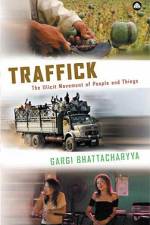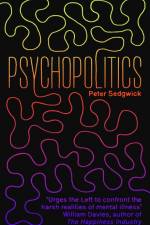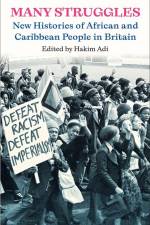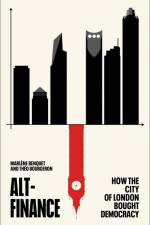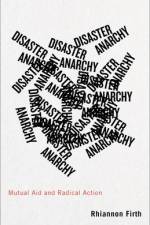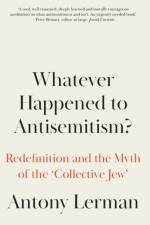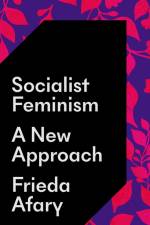av Hakim Adi
321
'A wonderful showcase of the most exciting work happening in Black British History and a rousing call to action. Essential reading!' Christienna Fryar, historian of Britain and the Caribbean'A forceful revolt against Eurocentric history and imperialist nostalgia, this illuminates the everyday lives and interconnected freedom struggles of generations of Black people in Britain, particularly Black women. An indispensable resource' W. Chris Johnson, University of Toronto'They can destroy our landing cards, but they'll never erase our history! Packed with lucid, rigorous and groundbreaking new research, this is essential reading' Kevin Searle, editorial board, History MattersThe history of African and Caribbean people in Britain is centuries long. Although integral to, and indivisible from 'British history', it is usually treated as a footnote - or forgotten altogether. But with the flourishing of the Black Lives Matter uprisings, and fierce debates around the legacies of colonialism, has come a renewed hunger for the recovery of this history. Edited by leading historian Hakim Adi, Many Struggles includes contributions from an array of emerging historians and scholar-activists. Covering the sixteenth to the late twentieth centuries, the book reveals the long history of African and Caribbean people in Britain. Drawing on new archival research, Many Struggles emphasises often-neglected themes such as local histories, women, gender and political activism. Hakim Adi was the first person of African heritage to be appointed a professor of history in Britain, and currently teaches at the University of Chichester. He is the author of numerous books including African and Caribbean People in Britain: A History, West Africans in Britain 1900-1960 and Pan-Africanism: A History. He has made numerous documentary film, television and radio appearances, and is included in the book 100 Great Black Britons.

